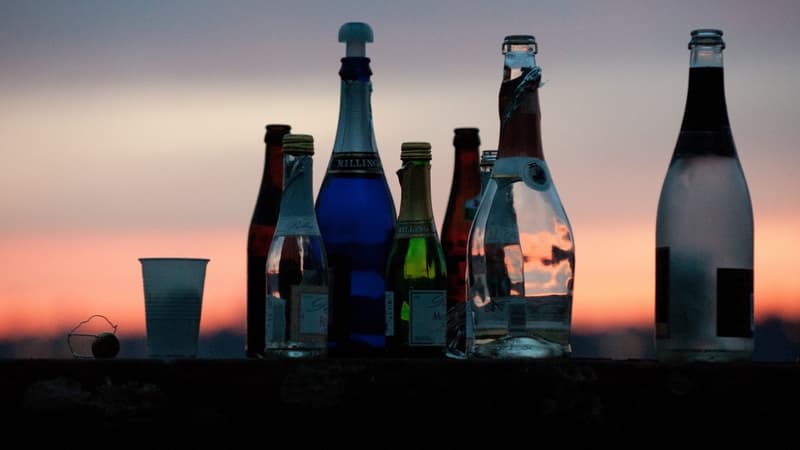“Even if we don’t write in black and white ‘promoting alcohol for influential people is prohibited’, in fact this will become a consequence of this text,” Stéphane Vojetta, Renaissance deputy behind the draft framework law for the practices of influencers debated in the National Assembly.
The text prohibits the promotion of cosmetic surgery and risky financial investments, and strictly regulates gambling. But in the alcohol sector, it only confirms that influencers are subject to the same rules as advertisers, in particular the regulations provided for by the Evin law.
rules clarification
Timidly, the text recalls that people who exercise in the sphere of influence are “subject to articles L. 3323-2 to L. 3323-4 of the public health code”… and therefore to their passage on the advertising of alcoholic beverages. Since 2009, the Evin law authorizes it on the Internet, under certain conditions. The influencer must add the words “Alcohol abuse is dangerous for health, consume in moderation” in the title of his post or story, and present the “objective” characteristics of the product.
“But the Evin law is also complemented by the European rules that apply to the advertising of alcoholic beverages,” adds Stéphane Vojetta. “They say that it is not possible to promote alcohol by representing a person who consumes it, or to create the impression of success through the product, or to give a negative image of sobriety.”
Until now, these alcohol promotion methods have been favored by influential people, such as the coarse reality star who posts on Instagram photos of drinking glasses among friends to promote wine.
wine challenges
So why not a total ban? “Of our 577 deputies, many represent wine-producing territories where alcohol is produced, and do not necessarily want to reopen the Evin law, at least in the framework of a bill on influencers”, explains the elected to Tech&Co. France information who quoted him this morning, mentioned the pressure from alcoholics and deputies “sensitive to the arguments of the industry.”
What the deputy actually said he feared was “putting the text in jeopardy.” According to him, the bill could have been attacked as “unconstitutional” for “creating an inequality between the different advertising channels for alcoholic beverages.”
“Target” content?
The Evin law, however, already prohibits alcohol advertising on television and in the cinema, considered “binding advertising media for all”, and in particular for minors, which the text wants to preserve. However, social networks are used by 7 out of 10 adolescents according to figures from Arcom, and the scrolling system of Instagram or even TikTok sometimes exposes them to unselected content.
“On paper they tell you that all content will be objective: but in reality, influencers, by their very status, immerse their community in a universe,” says Indra Seebarun, head of research at the Addiction France association. “The alcohol brand is associated with the image of the influencer to whom it appeals.”
These web celebrities have built a trusted bond with their community and sometimes promote an idealized, glamorous lifestyle.
“In addition, from what we have been able to observe, the control means will not allow controlling the entire volume [de contenus] who come today”, warns the representative of the association, which has cataloged 7,000 contents in a year and a half of influencers advertising alcoholic beverages.
To monitor and possibly sanction creators, Bruno Le Maire announced that fifteen DGCCRF agents will form a “commercial influence brigade” “in the coming weeks.” The ministry told Tech&Co on Friday that these new posts will add to the existing staff of this service of the Ministry of Economy in charge of cracking down on fraud.
Source: BFM TV


